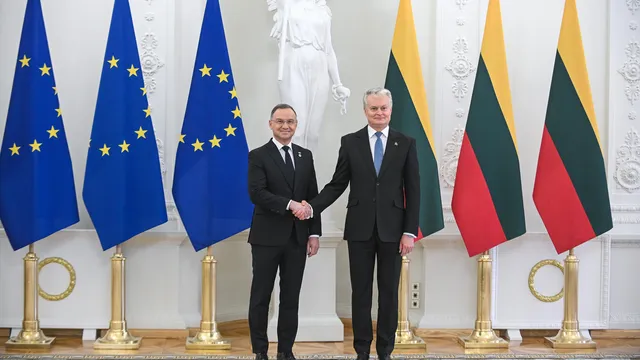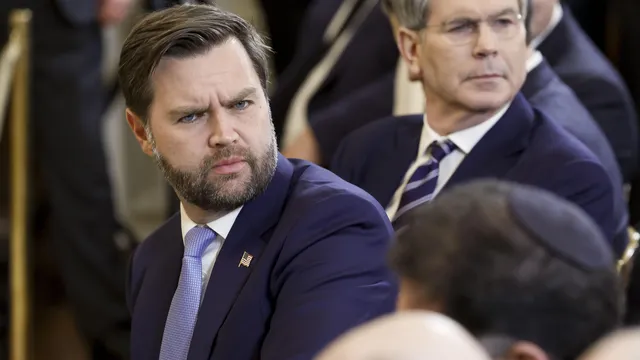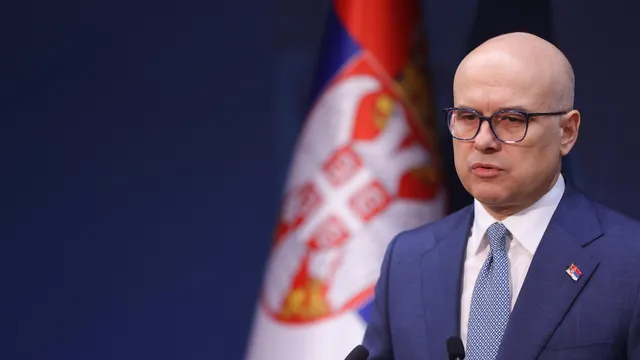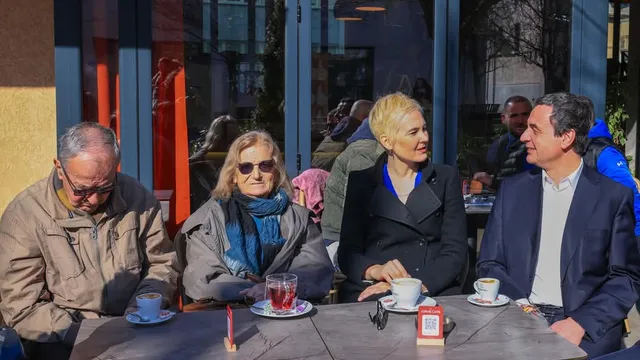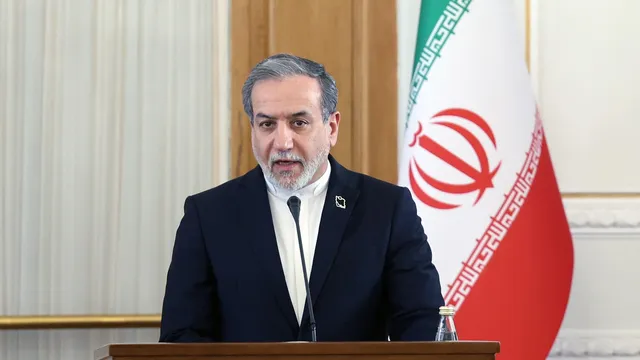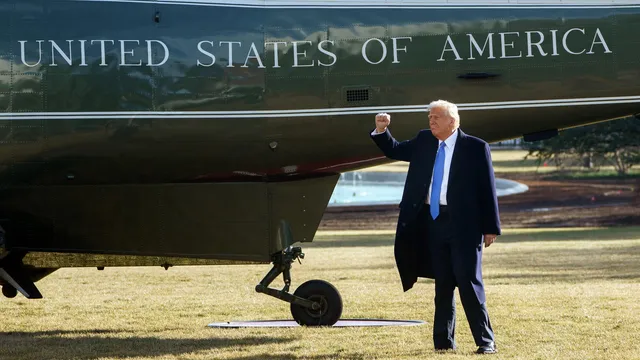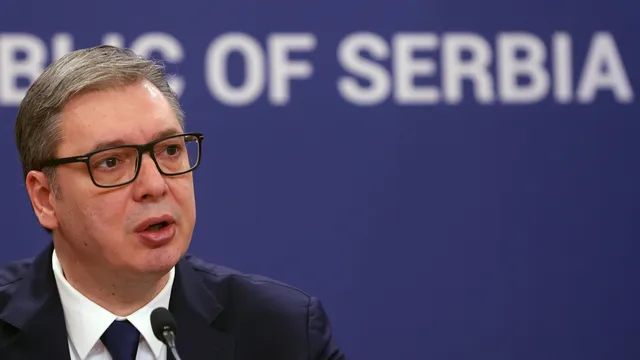Estonia, Latvia and Lithuania - former Soviet republics that are now members of the European Union and NATO - have been working to make the change since Russia invaded Ukraine in 2022.
The small Baltic states fear they too could be targeted. Ukraine's hard-liners also worry that Russia will blackmail them using electricity supplies.
"A few minutes ago I received great news. The synchronisation of the Baltic states' electricity system with the continental European system has been successfully completed," Nauseda said.
"This is a historic moment that marks the end of a long journey. We have achieved full energy independence. The period of political pressure and blackmail is finally over," he said.
The President spoke together with his counterparts from Estonia and Latvia, as well as European Commission President Ursula von der Leyen and the President of Poland.
The Baltic countries have integrated into the European network through Poland.
A total of €1.6 billion ($1.7 billion) - mostly EU funds - was invested in cutting energy links with Russia in the Baltic States and Poland.
Nauseda called for "substantial action at European Union level" to improve the resilience of the Baltic states' critical infrastructure.
"Now is the time to secure our achievements. Russia's war against Ukraine has radically changed the perception of threats to critical infrastructure in Europe. Recent incidents involving undersea infrastructure in the Baltic Sea are of great concern. And a call for decisive action," he said.
In recent months, several undersea telecommunications and energy cables have been severed in the Baltic Sea.
Some experts and politicians have accused Russia of waging a "hybrid war" involving unconventional targeting of energy supplies - a claim Moscow denies. | BGNES

 Breaking news
Breaking news
 Europe
Europe
 Bulgaria
Bulgaria
